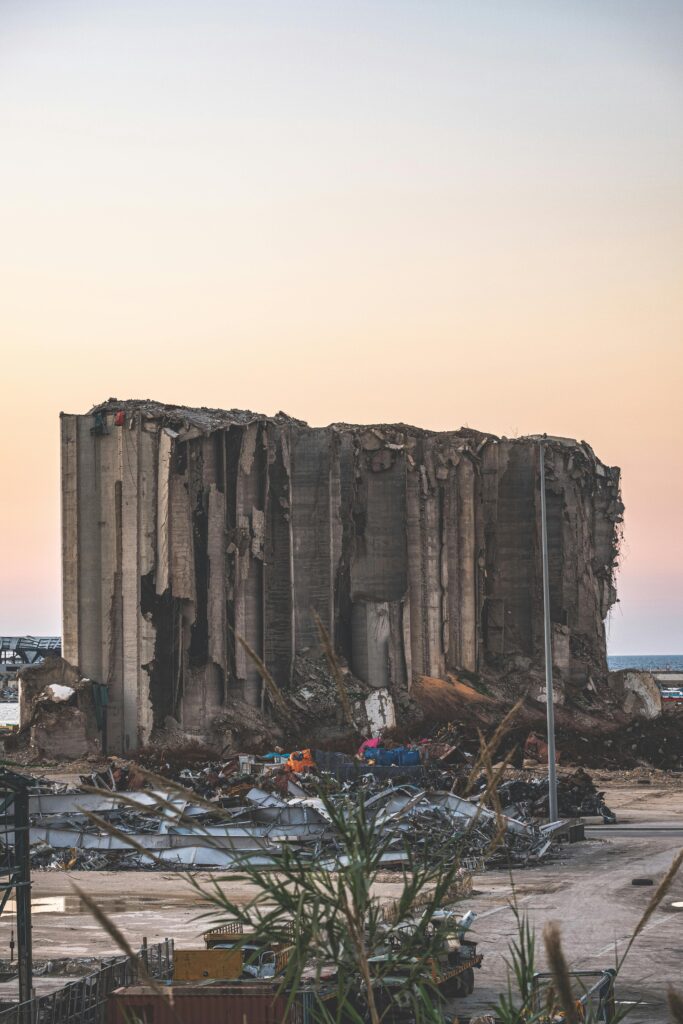Scope of the Project
In recent years, several crises have caught national authorities by surprise. Critical cries of Why did they not see it coming? Why did they not act earlier? have echoed across political arenas and media venues. In hindsight, it often appears that there were clear ‘signals’ of impending doom. The problem facing research and practice is two-fold: crisis signals are not always clear and authorities do not always act. This project investigates the sources of this two-fold problem and identifies an effective way of organizing to detect and act on emerging threats. It aims to develop an evidence-based method of detection that is more likely to prompt an intervention that can mitigate the effects of a crisis or halt its development. Our project will help Sweden and its international partners detect and deal with emerging threats in an effective and legitimate way. This is a crucial mission for societies facing increasingly complex threats that originate in far-away domains. This project gathers what is known about effective threat detection and intervention methods. It will analyze a set of Swedish detection/intervention systems related to high-priority threats, comparing them against the best practices found in High Reliability Theory research. It looks at human, organizational and technical arrangements for threat detection in nine (9) sectors. The findings will be disseminated to practitioners in the form of actionable guidelines and to scholars in the form of leading journal articles. The project team will organize frequent meetings with officials and disseminate our findings in newspaper editorials, public workshops and scholarly conferences.
Related reading in Swedish: Tolv miljoner till forskning om hur förmågan att agera på smygande kriser kan stärkas.

News
The research group held another conference, this time in Leiden, on 27 November 2024. The goal of the conference was to stimulate research on crisis detection. In many sectors and organisations, there is a desire to learn how to detect and understand potential crises in an early stage, so that appropriate actions can be taken. Additionally, the group sought to give the Dutch crisis community a boost by bringing together relevant crisis researchers and practitioners. Fellow researchers will be able to present their work, and we ask practitioners to share how they try to anticipate crises within their organisations.
More information can be found on the conference’s website: crisis lessons.
On 14 November 2024, researchers and practitioners met for a workshop in Stockholm to discuss crisis detection and early intervention in High-Reliability Organisations in Sweden. The workshop explored best practices for identifying and responding to emerging threats and was cohosted by the Swedish Defence University, the Swedish Institute of International Affairs, and Leiden University.
Representatives from the following organisations attended: Swedish Meteorological and Hydrological Institute (SMHI), Public Health Agency of Sweden (FHM), Swedish Psychological Defence Agency (MPF), Swedish Civil Contingencies Agency (MSB), Swedish National Cybersecurity Center (NCC-SE), Crisis Management Secretariat (Swedish Government Offices), EU, NATO, and Nordic cooperation institutions.
The group held its first meeting on August 22nd 2024. During the meeting, theoretical starting points were discussed and the initial results of two cases investigating High Reliability Organisations. The cases were (1) the school shooting at Virginia Tech (United States, 2007), where a student committed two shootings, killing 32 people in total at the Virginia Tech campus; and (2) the Beirut explosion (Lebanon, 2020), where ammonium nitrate that had been stored in an unsafe hangar for six years, exploded following a fire in the hangar, causing 218 deaths and $15 billion in damage.

Members
Funding
The Societal Security research project is proud to announce a new project called “Unravelling the Secrets of Crisis Detection and Decisive Action” (2024-2027). Selected by the Swedish Civil Contingencies Agency (MSB) after a competitive, two-stage selection process featuring many applicants, the project will bring scientific insights to bear on understanding the perennial challenge of spotting new threats–and mobilizing political action.
